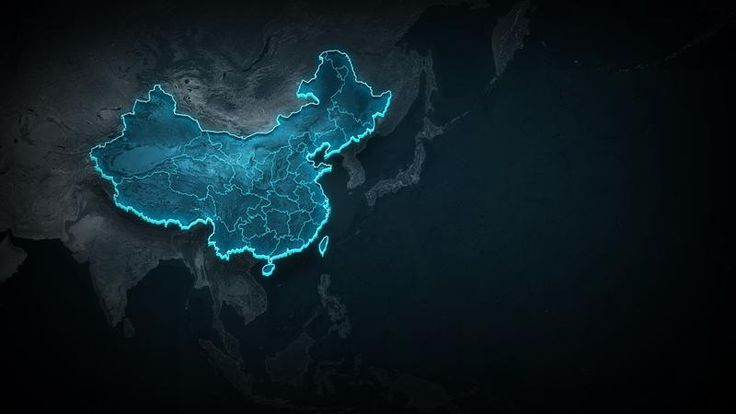September 14, 2024 车百智库 EV100PLUS
在全球碳中和进程加快的背景下,新能源汽车已成为各国应对气候变化、推动绿色转型的核心战略方向。中国连续九年稳居全球最大新能源汽车市场,并构建了涵盖关键材料、电池、电机电控、整车及回收利用等环节的完整产业链。伴随出口规模快速提升,中国企业正通过贸易、海外产能布局、品牌建设与技术合作等多元路径加速国际化,新能源汽车出口占比已由2018年的不足1%增长至约25%,逐渐进入以自主品牌为主导的新阶段。
然而,国际化发展仍面临复杂挑战,包括逆全球化思潮、贸易壁垒、海外投资风险、合规问题及国际竞争加剧等。为实现高水平国际化,中国需在战略引领、风险预警、协同机制及配套保障等方面提前谋划,提升综合竞争力。
研究系统总结了全球新能源汽车发展趋势与主要市场格局,分析中国新能源汽车国际化的机遇、挑战及发展基础,并借鉴日本、韩国及国内家电产业国际化经验,提出未来发展路径与政策建议。研究强调,应在战略统筹、市场选择、经营能力建设、品牌与生态体系打造及绿色发展方面持续发力,同时加强国际合作与标准互认,以推动中国新能源汽车产业实现可持续、高质量的国际化发展。
Against the backdrop of accelerating global carbon neutrality, new energy vehicles (NEVs) have become a central strategy for countries to combat climate change and promote green transformation. China has maintained its position as the world’s largest NEV market for nine consecutive years and has built the most complete industrial chain covering key materials, batteries, motors, vehicle manufacturing, and recycling. With rapidly expanding exports, Chinese enterprises are advancing internationalization through diverse approaches such as trade, overseas capacity deployment, brand building, and technological collaboration. The share of NEVs in China’s total automobile exports has risen from less than 1% in 2018 to around 25%, marking a new stage dominated by domestic brands.
Nevertheless, internationalization faces significant challenges, including rising deglobalization sentiments, trade barriers, overseas investment risks, compliance issues, and intensifying global competition. To achieve high-level internationalization, China needs to strengthen strategic guidance, establish risk warning mechanisms, enhance organizational coordination, and improve supporting systems to elevate overall competitiveness.
This report systematically reviews global NEV development trends and market dynamics, analyzes China’s opportunities, challenges, and development foundations in internationalization, and draws lessons from the internationalization experiences of Japan, South Korea, and China’s home appliance industry. It proposes future pathways and policy recommendations, emphasizing the importance of strategic planning, market targeting, operational capability building, brand and ecosystem development, and green transformation. Moreover, the report calls for deepened international cooperation and mutual recognition of standards to ensure the sustainable and high-quality global development of China’s NEV industry.

